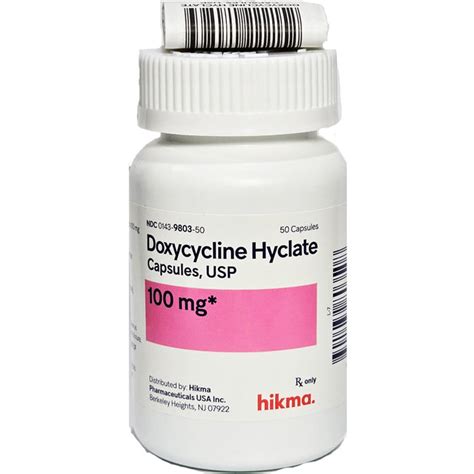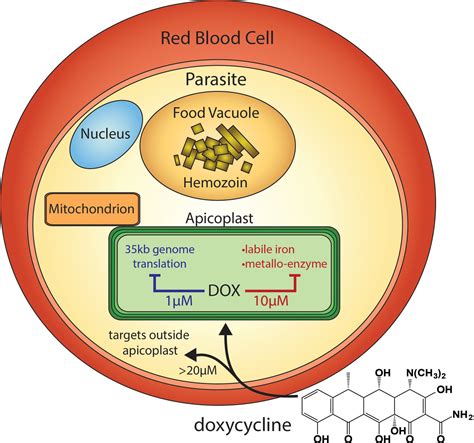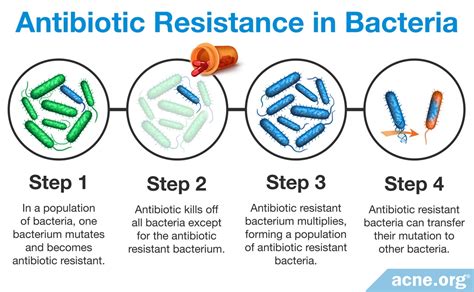Intro
Discover key facts about Doxycycline Hyclate, a broad-spectrum antibiotic, including its uses, side effects, and interactions, to understand its role in treating infections, acne, and more, with insights into dosage, contraindications, and patient guidance.
Doxycycline hyclate is a widely used antibiotic that has been a cornerstone in the treatment of various bacterial infections for decades. Its effectiveness, safety profile, and versatility have made it a preferred choice among healthcare professionals for a range of conditions, from acne and Lyme disease to respiratory tract infections. Despite its common use, there are several aspects of doxycycline hyclate that are not well understood by the general public, including its mechanism of action, side effects, and proper usage. Understanding these aspects is crucial for patients to make informed decisions about their treatment and to ensure they get the most out of their medication.
The importance of doxycycline hyclate extends beyond its therapeutic benefits. It also plays a significant role in public health, particularly in the context of antibiotic resistance. The misuse and overuse of antibiotics have led to a global crisis, with many bacteria developing resistance to commonly used drugs. Doxycycline hyclate, being a broad-spectrum antibiotic, is under scrutiny for its potential contribution to this problem. However, when used appropriately and under medical guidance, it can be a valuable tool in combating bacterial infections without significantly contributing to resistance.
As with any medication, the use of doxycycline hyclate comes with its set of benefits and risks. Patients prescribed this antibiotic often have questions about its effectiveness, potential side effects, and how it compares to other treatments. Moreover, the emergence of online health resources has made it easier for individuals to seek information about their medications, but it also raises concerns about the reliability and accuracy of the information available. Therefore, it is essential to consult credible sources and healthcare professionals to get a comprehensive understanding of doxycycline hyclate and its implications for health.
What is Doxycycline Hyclate?

Benefits of Doxycycline Hyclate
The benefits of doxycycline hyclate are multifaceted. It is effective against a wide range of gram-positive and gram-negative bacteria, making it a versatile treatment option for various infections. Additionally, its ability to penetrate into tissues and cells enhances its efficacy against intracellular pathogens. Doxycycline hyclate is also known for its relatively low cost compared to other antibiotics, which makes it an accessible treatment option for many patients.How Does Doxycycline Hyclate Work?

Common Uses of Doxycycline Hyclate
Doxycycline hyclate is used to treat a variety of bacterial infections, including: - Respiratory tract infections such as pneumonia and bronchitis - Skin and soft tissue infections like acne and cellulitis - Lyme disease and other tick-borne illnesses - Certain sexually transmitted infections - Eye infections such as trachomaSide Effects and Precautions

Precautions for Use
Precautions for the use of doxycycline hyclate include: - Avoiding exposure to sunlight and using protective measures to prevent photosensitivity reactions - Not taking the medication with dairy products or antacids that contain calcium, aluminum, or magnesium - Informing healthcare providers about all medications being taken, including supplements and vitamins - Being aware of the potential for increased intracranial pressure, particularly in patients with a history of pseudotumor cerebriResistance and Misuse

Strategies to Combat Resistance
Strategies to combat antibiotic resistance include: - Implementing strict infection control measures - Promoting the appropriate use of antibiotics through education and guidelines - Developing new antibiotics and alternative treatments - Encouraging research into the mechanisms of resistance and the development of diagnostic tools to identify resistant strainsConclusion and Future Directions

As we move forward in the era of antibiotic resistance, it is crucial for patients, healthcare providers, and policymakers to work together to ensure the responsible use of antibiotics like doxycycline hyclate. This involves not only adhering to prescribed treatment regimens but also supporting research and initiatives aimed at developing new treatments and combating resistance. By taking these steps, we can protect public health and continue to benefit from the therapeutic advantages of doxycycline hyclate.
We invite readers to share their thoughts and questions about doxycycline hyclate and antibiotic resistance. Your comments and insights are valuable in fostering a community that prioritizes responsible antibiotic use and supports the development of effective treatments for bacterial infections. Please feel free to comment below, share this article with others who may benefit from the information, and engage in the conversation about the future of antibiotics.
What is the most common use of doxycycline hyclate?
+Doxycycline hyclate is commonly used to treat a variety of bacterial infections, including respiratory tract infections, skin and soft tissue infections, and Lyme disease.
Can doxycycline hyclate be used to treat viral infections?
+No, doxycycline hyclate is an antibiotic and is not effective against viral infections. It should only be used to treat bacterial infections as prescribed by a healthcare provider.
How can I minimize the risk of side effects when taking doxycycline hyclate?
+To minimize the risk of side effects, take doxycycline hyclate as directed, avoid taking it with dairy products or antacids, and stay hydrated. Also, inform your healthcare provider about any medications you are taking and report any adverse effects promptly.
